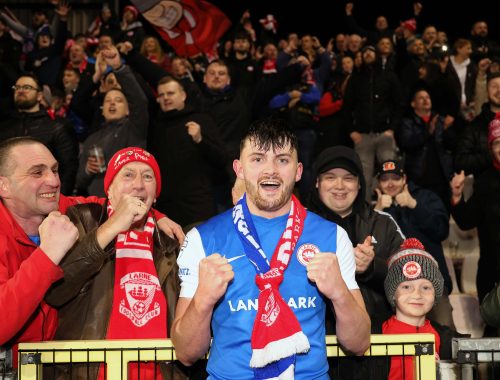From Soundcheck to Showtime.
“To the average listener: no matter how great the band, if the sound engineer sucks, the band sucks.”
Have you ever found yourself in a situation where everything had to be perfect? As part of the team at the Sonic Arts Research Centre at Queen’s University Belfast, I recently encountered just that.
Allow me to set the proverbial stage…
Over the past year at SARC, I have been working closely with the Second Year Ensemble Performance students, and the Third Year Solo Performance students. Over this time I have been learning, developing, and sharpening my skills in audio and live sound, and every day I strived to do as good a job as I possibly could. However, when it came time for the Second Year students to have their final performances, I needed to pull out all the stops.
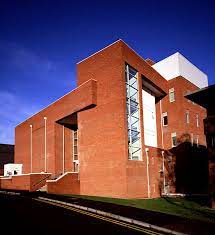
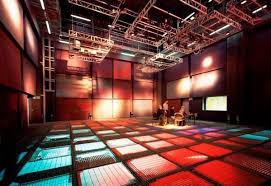
It’s a rocky road, luckily I brought my hiking boots.
The day began with soundchecks starting at 9am. Each of the five ensembles would have exactly one hour to confer with me about the structure of their setlist, plan how they wanted the stage to be laid out, how they wanted their monitor mixes to sound and any special requests for front-of-house sound. They could also use this time to have a run through their setlist as practice, which allowed me to set up a front-of-house mix and save a “snapshot” (saved settings on the console that can be recalled) of each song, as each song would have different requirements to the next (different instruments used onstage different levels for each source, and a variety of effects). This allowed me to ensure that the sound was perfect for each song, and that when one song ended, the next one started seamlessly. Due to the tight schedule, I had to work as efficiently as possible to ensure everything was perfect ahead of time before the show. This meant conferring with the performers as professionally as possible so as not to panic or confuse them, while also catering to their unique technical requirements and performance styles. The soundcheck all went smoothly, and I had multiple snapshots for each ensemble ready at the push of a button. I now had 15 minutes to double and triple check everything I could and make some notes, such as the running order of the show before doors opened.
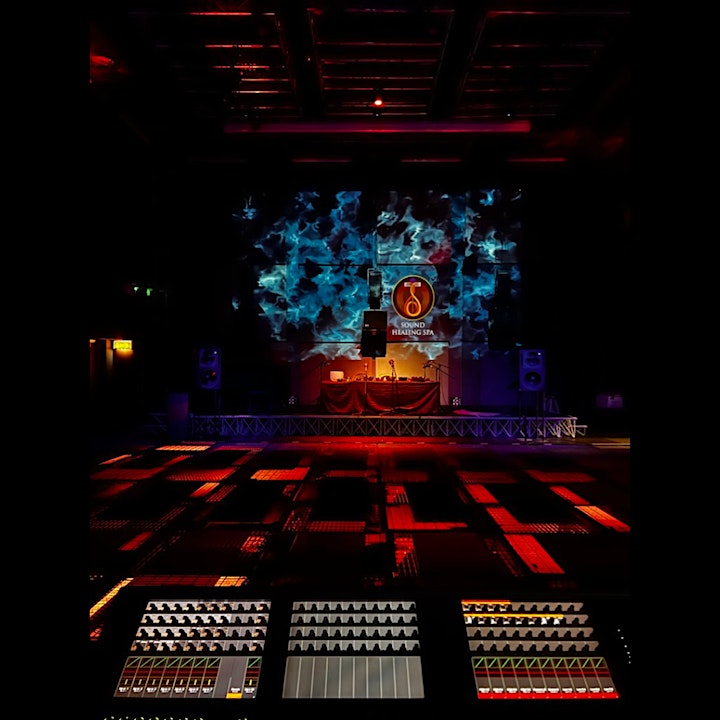
Check 1 2. Cue the Music
5pm, doors open and people start flooding in and taking their seats. Showtime.
Ensemble 1: 5 Alive (2 vocals, 2 guitars, bass, drums, oboe). 3 songs
Changeover: Reposition piano, ensure Nord keyboard is still on and connect to the piano, reposition vocal mics, add wireless handheld mic, reposition stage monitors
Ensemble 2: Fully Iconic (3 vocals, guitar, piano and keys, drums) 4 songs
Changeover: Reposition piano, mic the violin and mandolin, reposition stage monitors.
Ensemble 3: Taking Back Tuesday (2 vocals, piano, drums, violin, mandolin). 3 songs
Changeover: reposition vocal mics, reposition stage monitors.
Ensemble 4: Beyond (3 vocals, piano, drums). 4 songs
Changeover: Remove drumkit from stage, reposition piano, reposition vocal mics, reposition stage monitors.
Ensemble 5: HAS 3 (2 vocals, piano, tuba, Indian harmonium). 4 songs The show went great. My planning and constant focus paid off and everybody was happy with the results.
End of show.
Throughout the day I felt confident, excited and thrilled to have been presented with such a great opportunity. I was buzzing all day. Though I was under an immense amount of pressure, it never once got to me, I kept a level head and stayed cool all day.
Despite the challenges of this event, I managed to ensure that everything went without a hitch, apart from one performer’s vocal mic cutting out, which I promptly fixed by seeking up to the stage and pushing the XLR cable into the mic a bit more as it had come loose.
Reflecting on this experience, I can see that it has been a valuable learning opportunity. Not only did I develop my technical skills as an audio engineer, but I also developed my ability to work under pressure and solve problems quickly and effectively. Additionally, I developed my communication and interpersonal skills, as I had to work closely with each ensemble to ensure that their unique technical requirements were met.
Now that it’s all said and done.
Throughout the day, I felt a mix of excitement, pressure, and focus. It was an incredible opportunity to showcase my skills, and I was determined to do my best. Looking back on the experience, I realize how much I learned and grew in the process. Not only did I develop my technical expertise in audio and live sound, but I also learned how to communicate professionally with performers and how to stay calm and level-headed under pressure.
One of the most important lessons I learned was the value of preparation. By carefully planning the soundcheck and taking notes on each ensemble’s unique technical requirements and performance style, I was able to create a seamless show that met everyone’s expectations. Even when the unexpected happened, like the performer’s vocal mic cutting out, I was able to quickly and calmly resolve the issue.
Overall, this experience was a reminder of why I love working in the field of audio and live sound. It’s a challenging and rewarding profession that requires both technical expertise and interpersonal skills. I feel proud of what I accomplished during this event and grateful for the opportunity to learn and grow in my field.
Mashed up Memories
New Year, New Start
You May Also Like
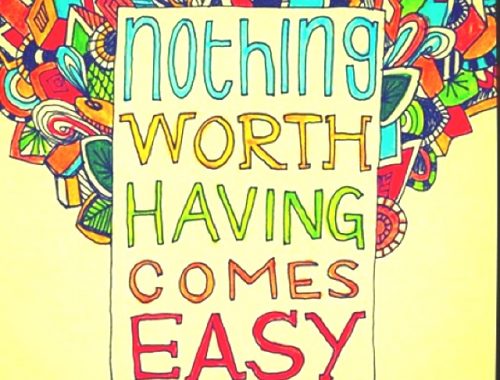
The Best Laid Plans of Mice and Men…
14 April 2023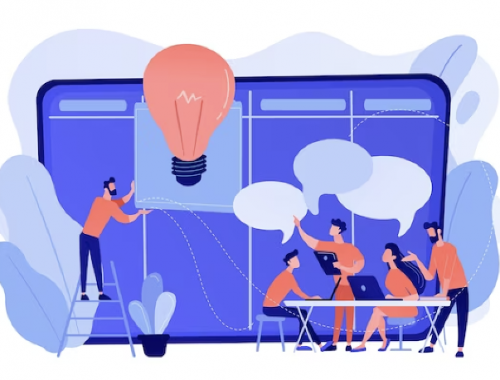
Keep On Keeping On – Bouncing Back From Disappointment
14 April 2023